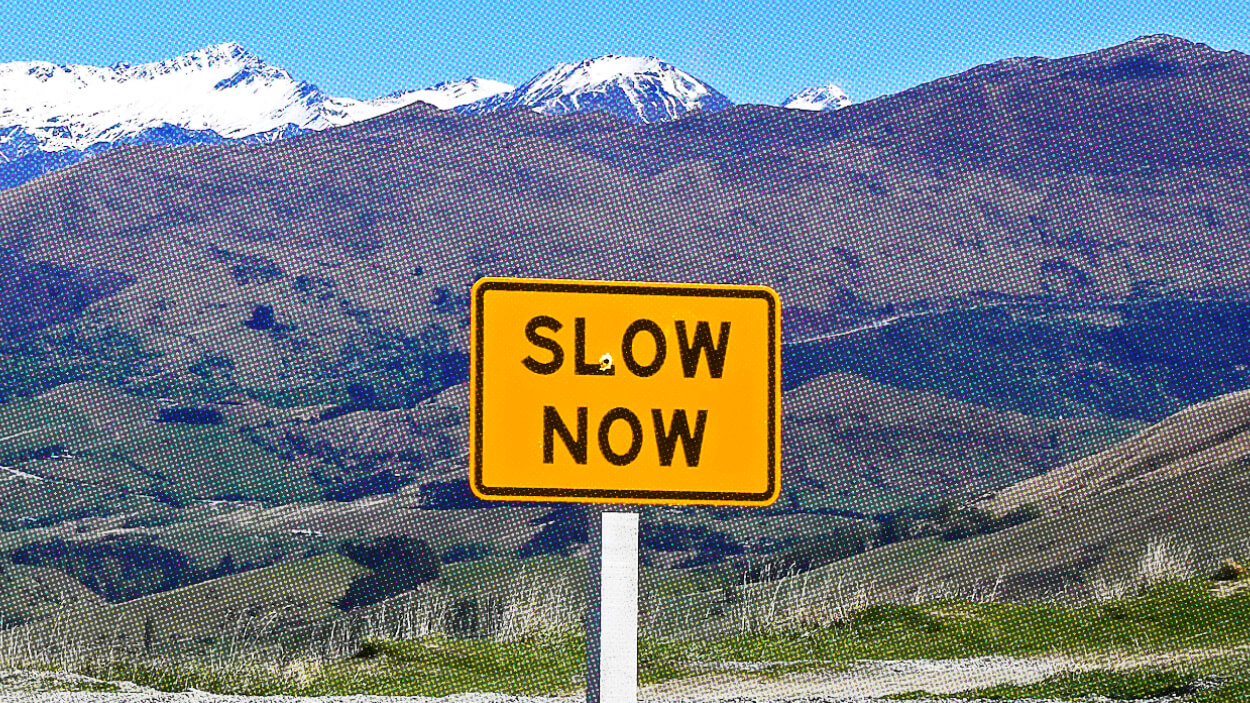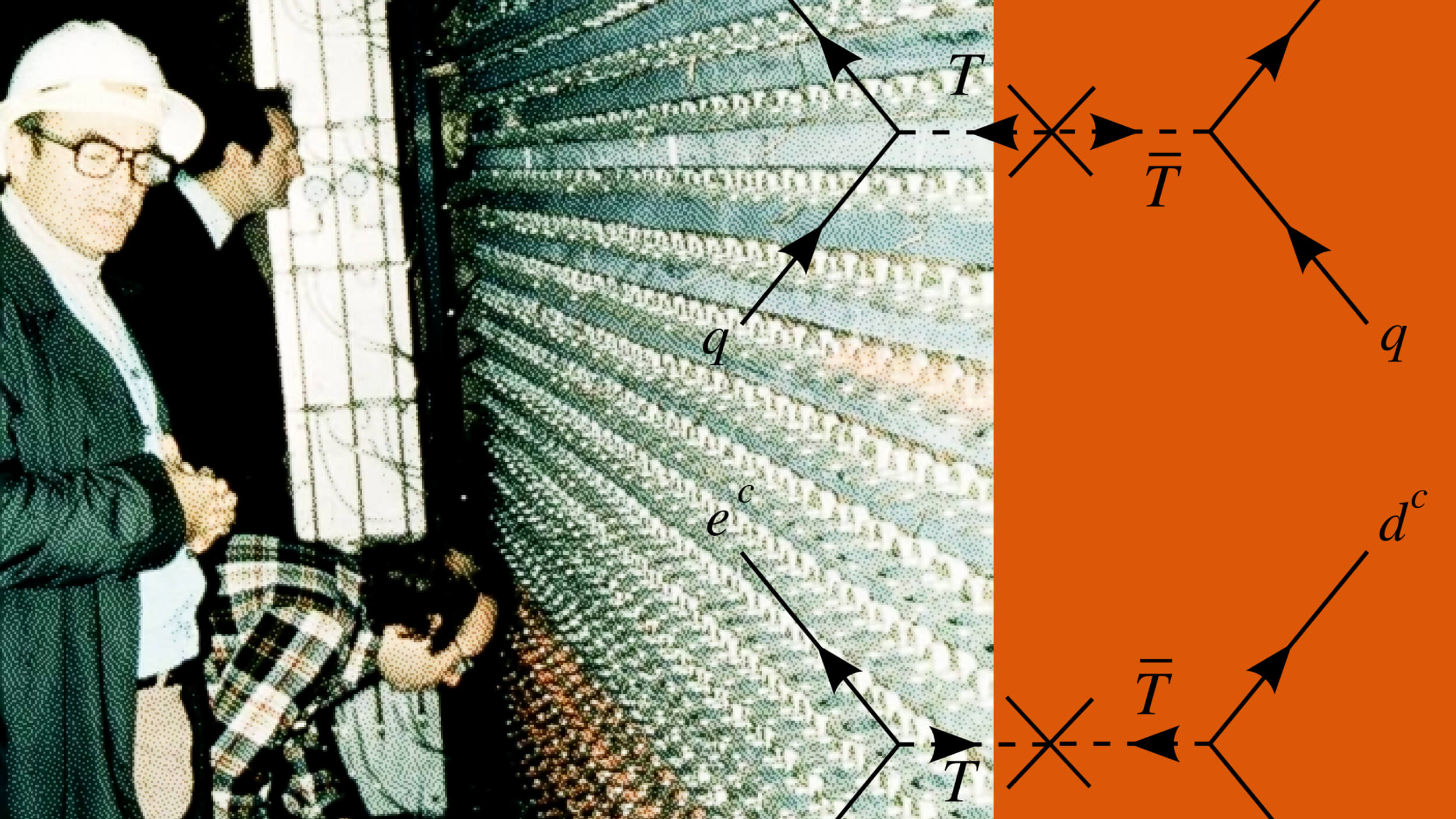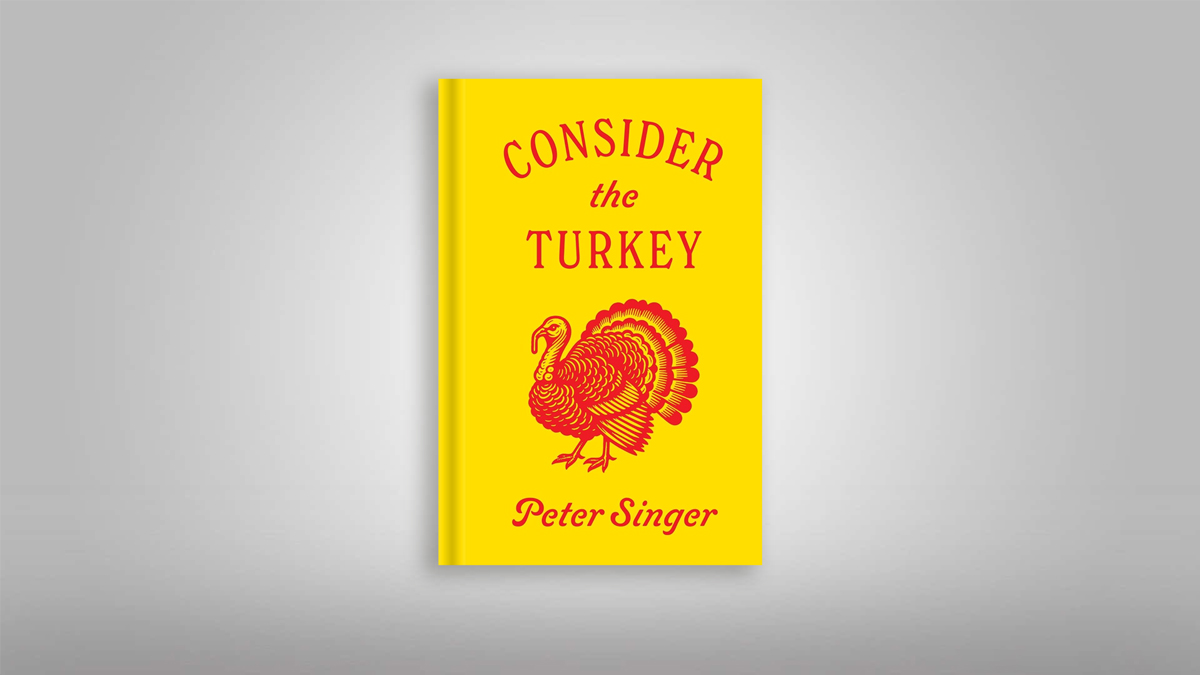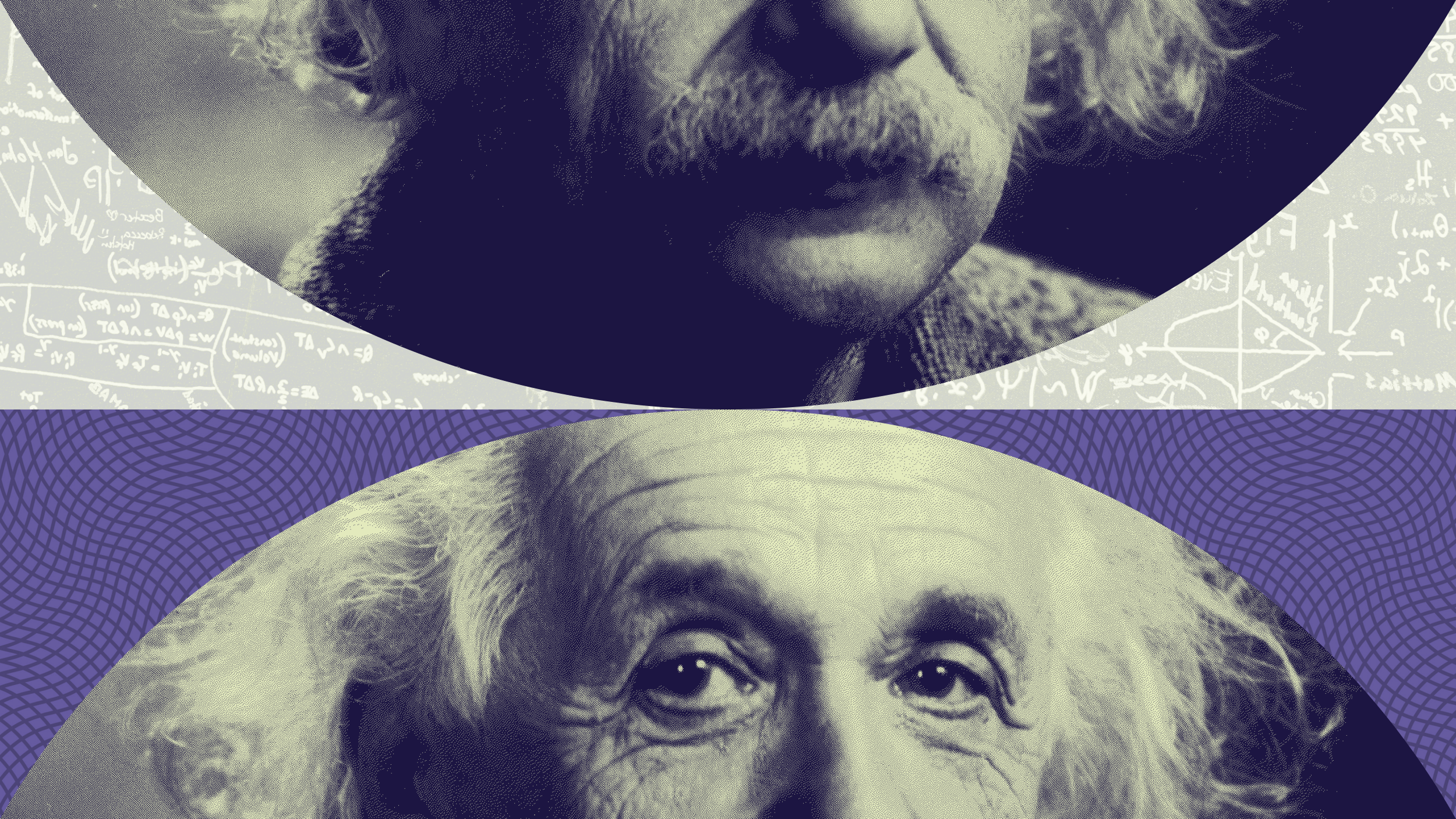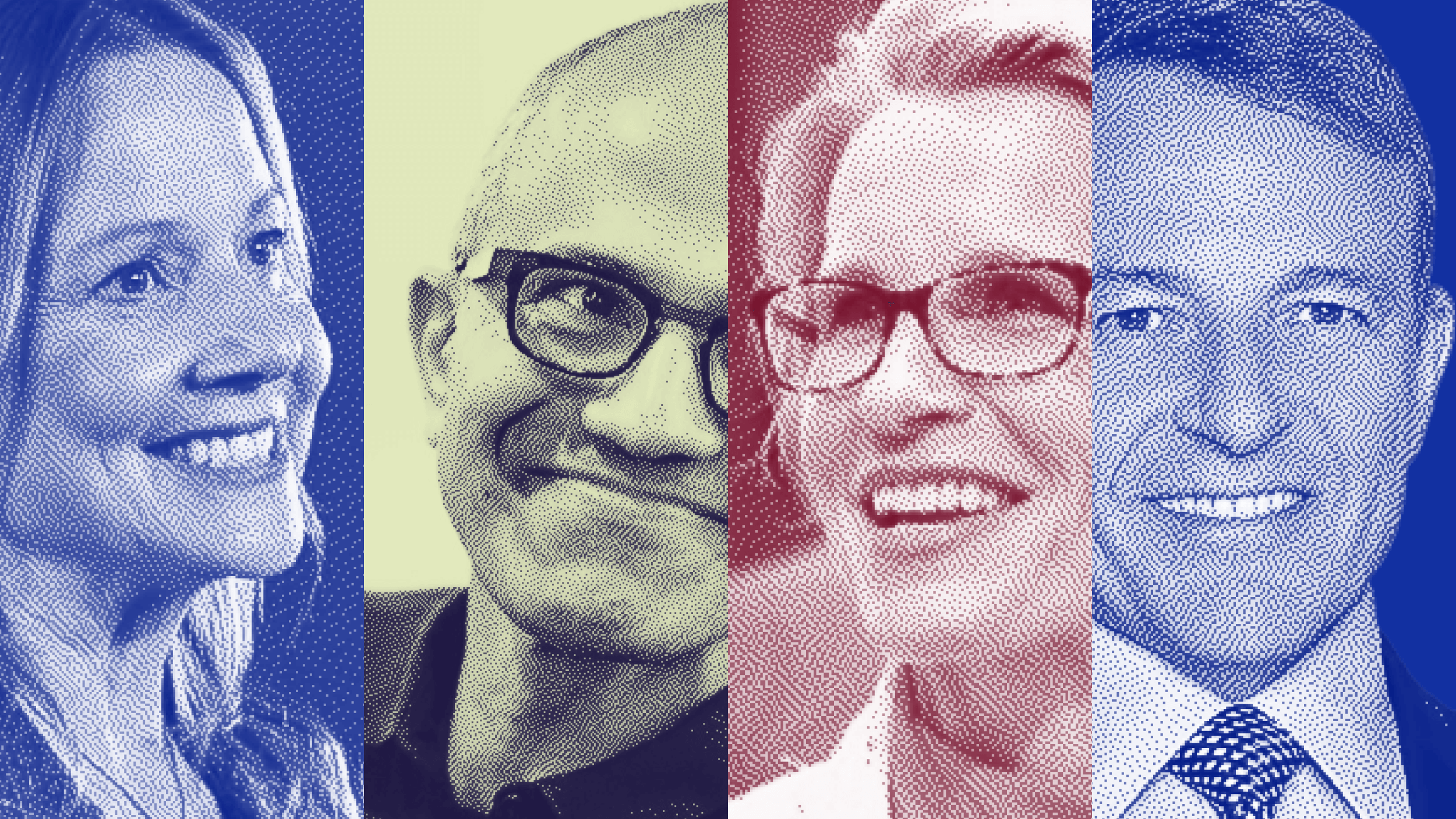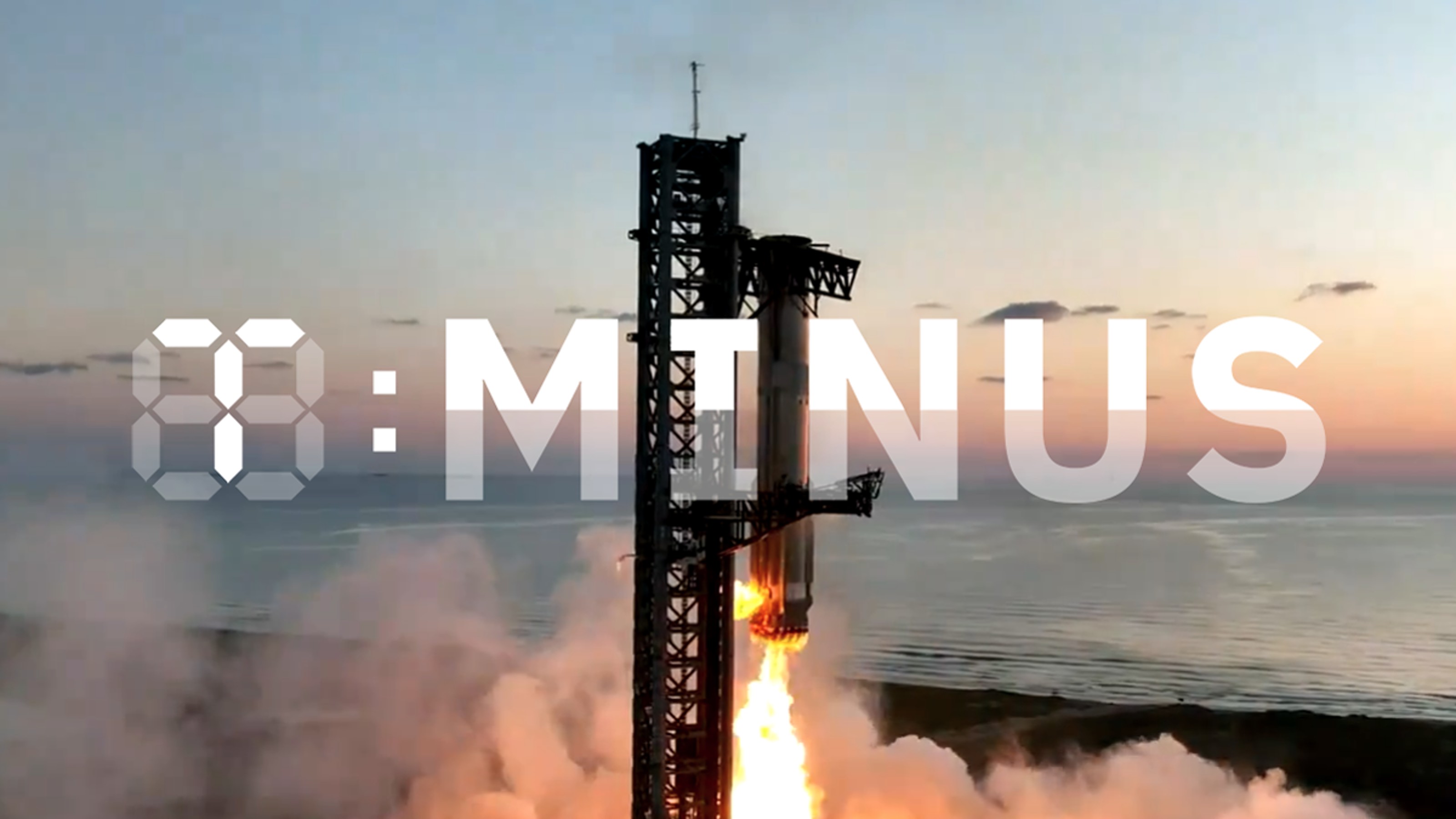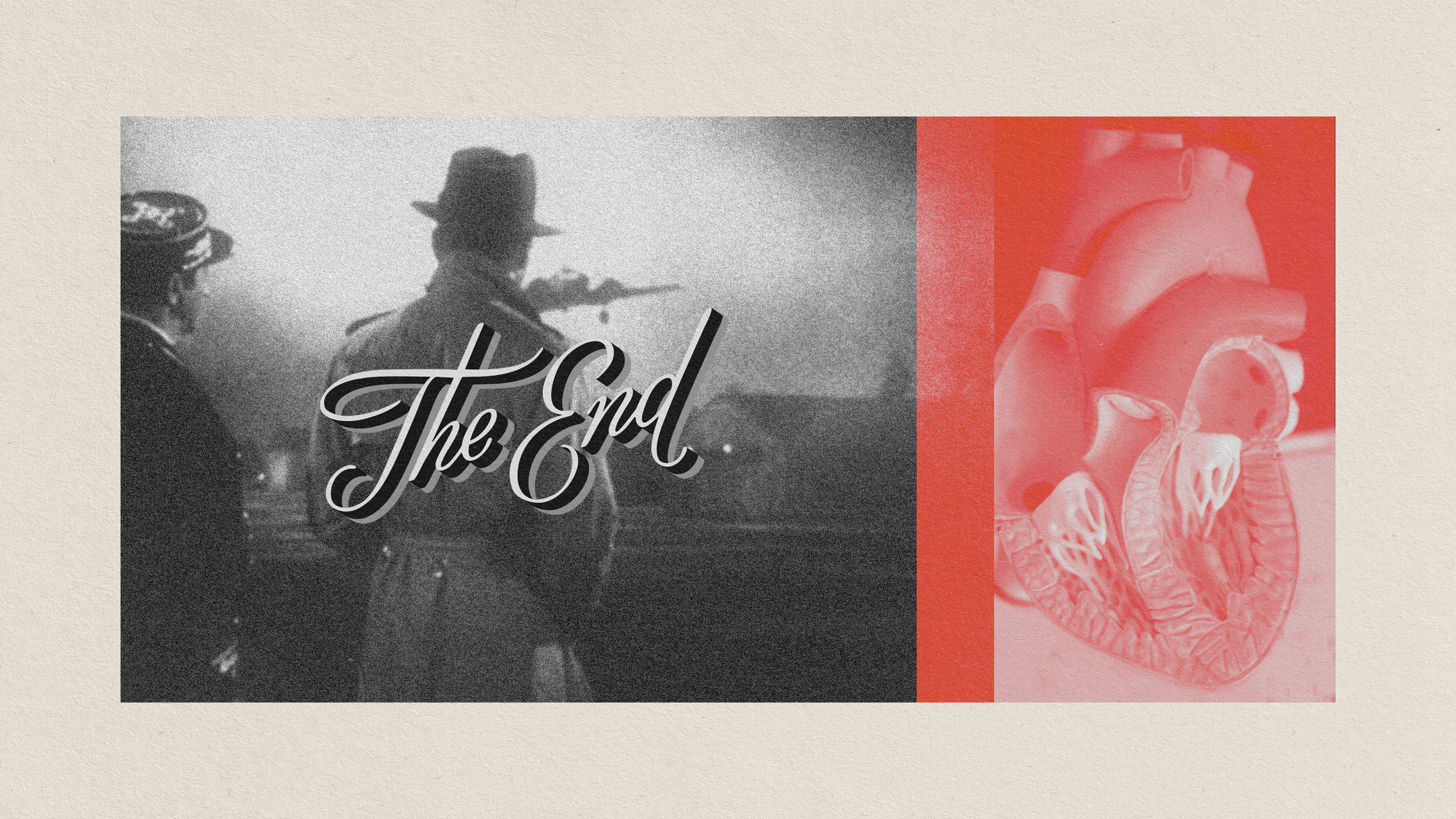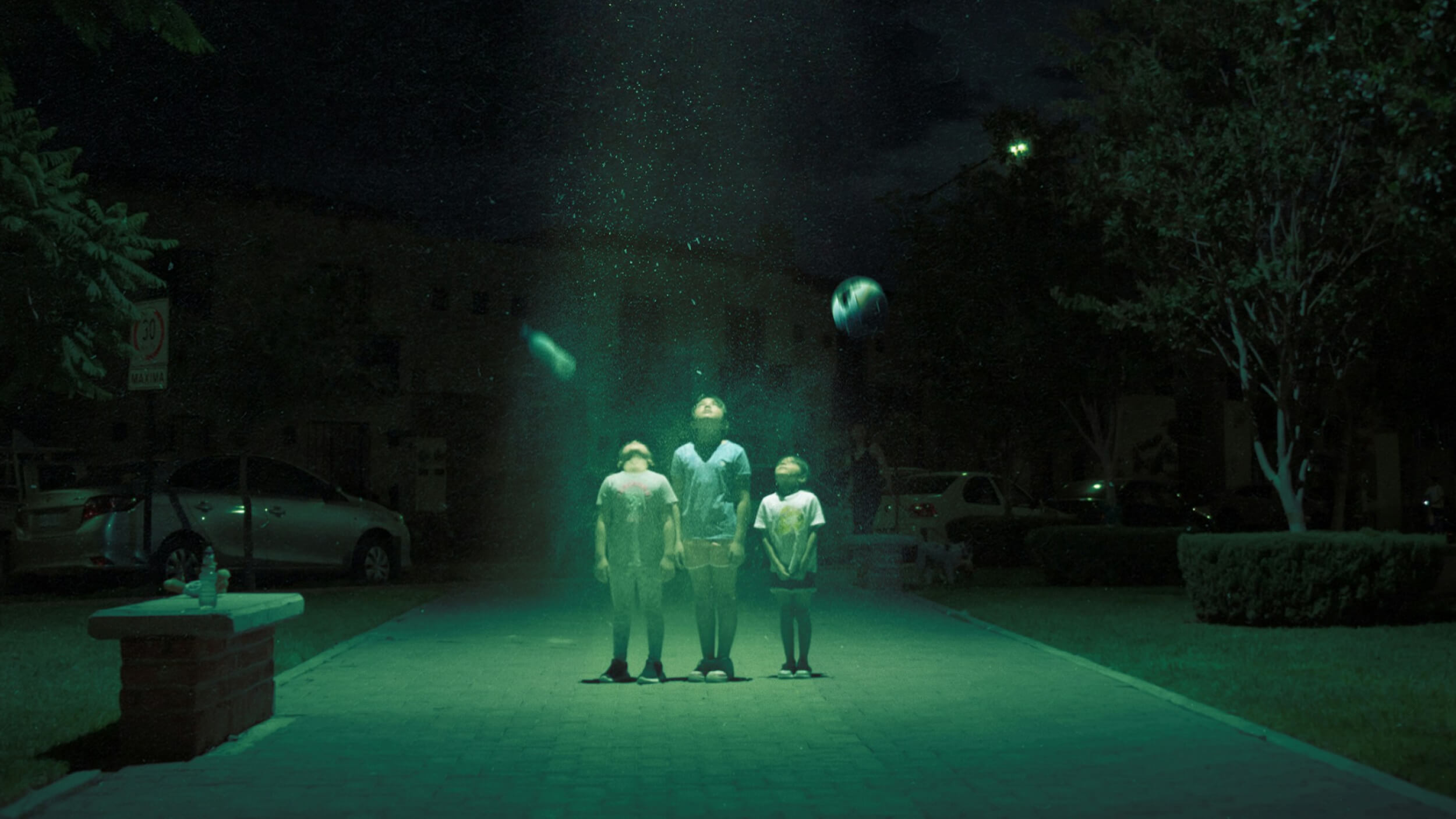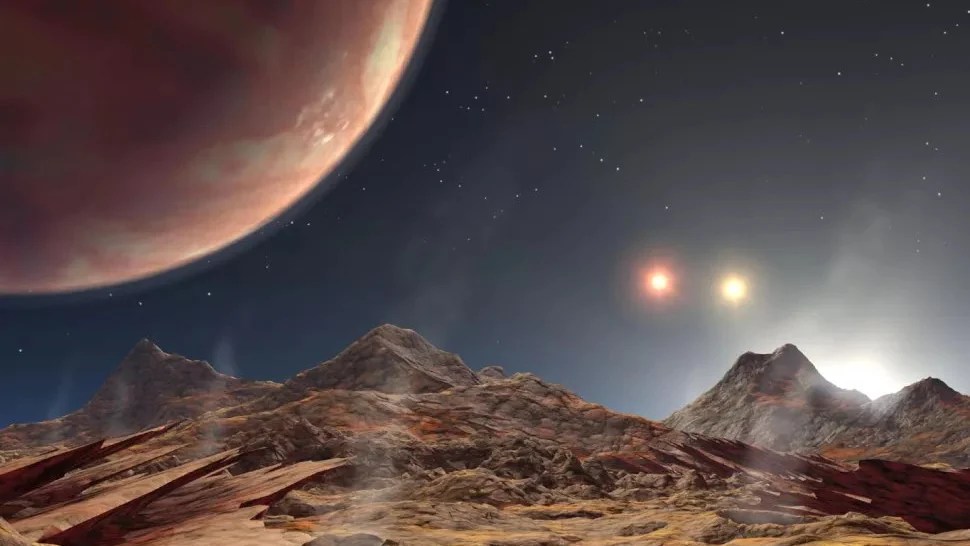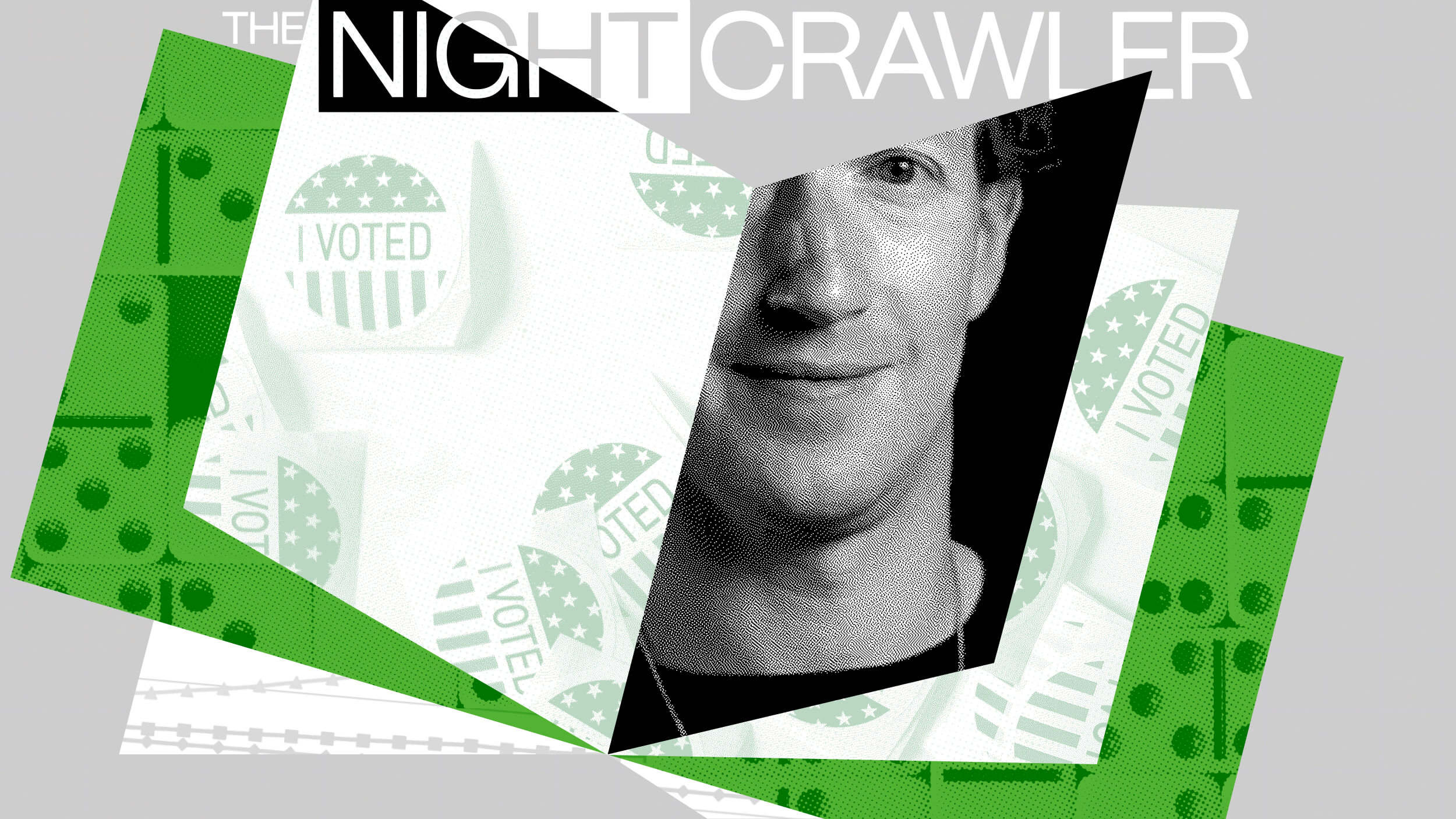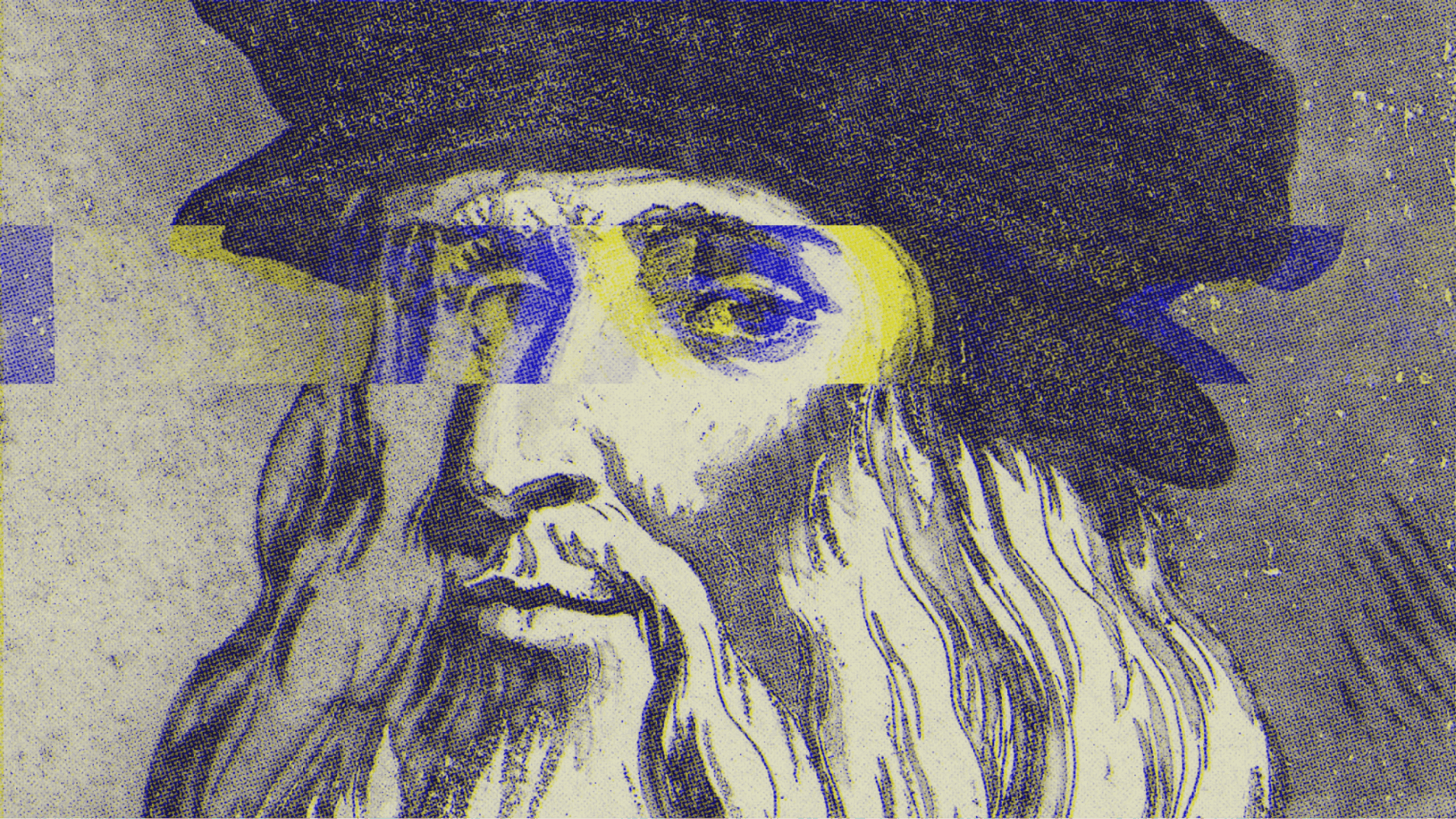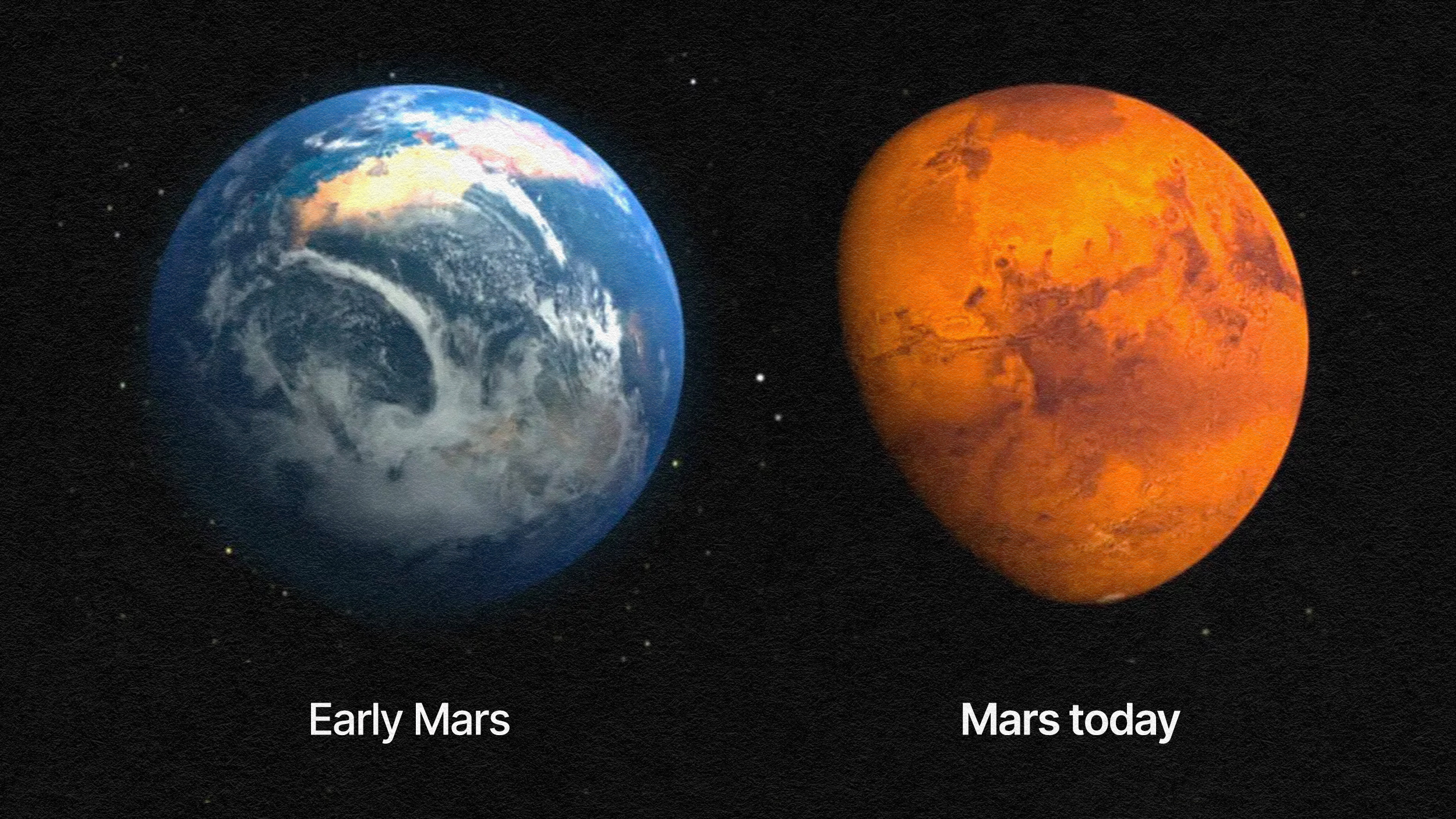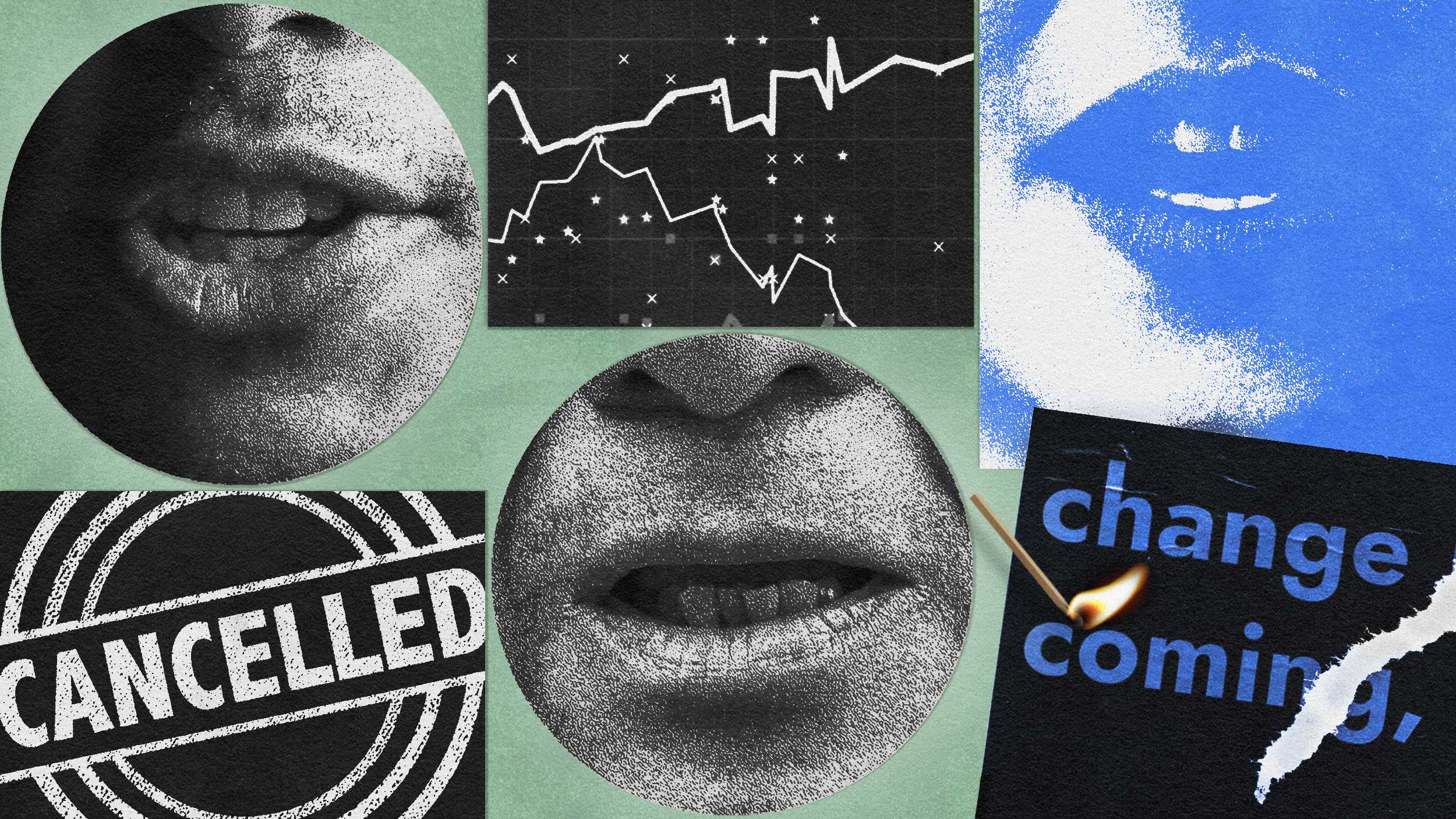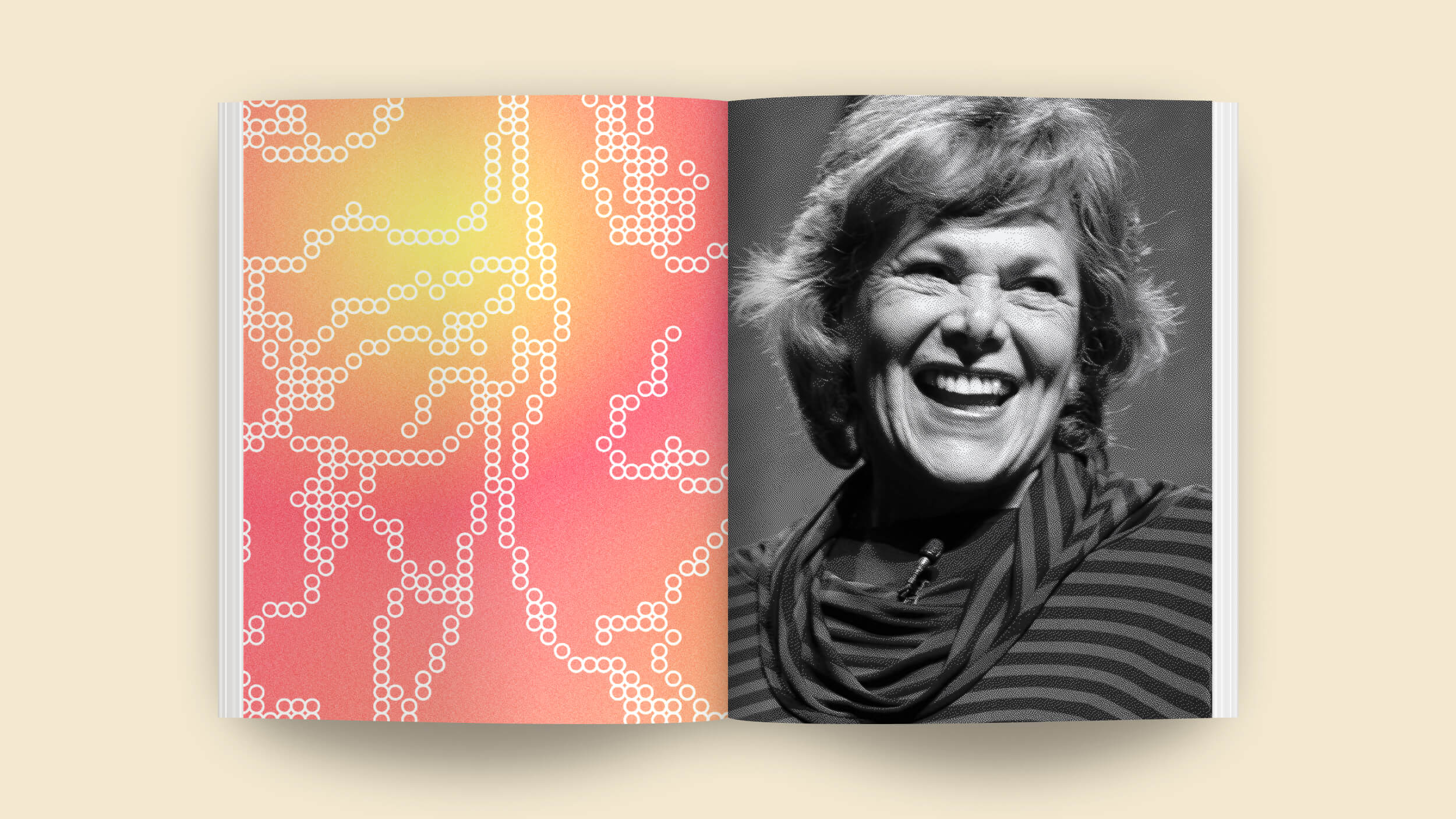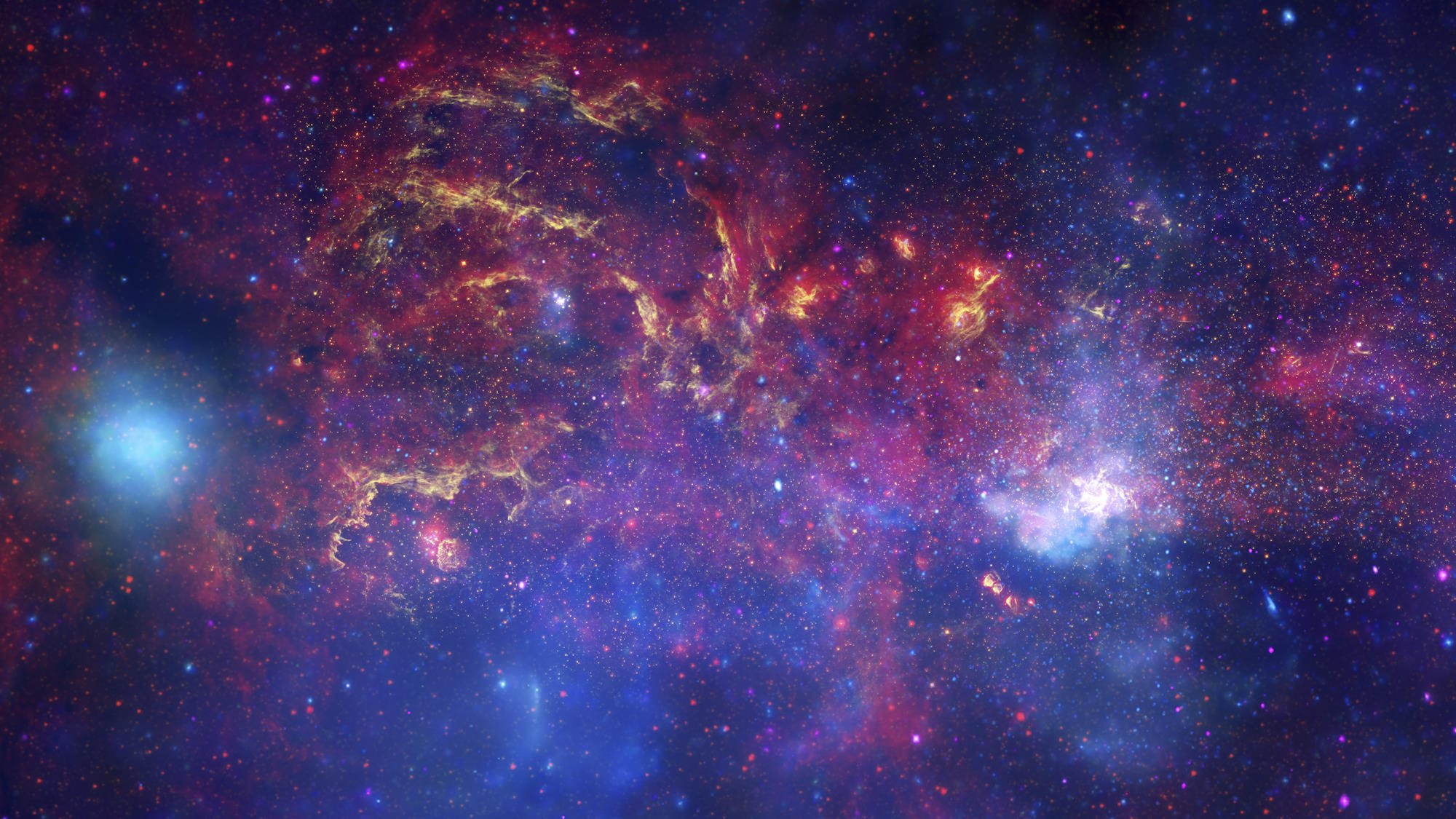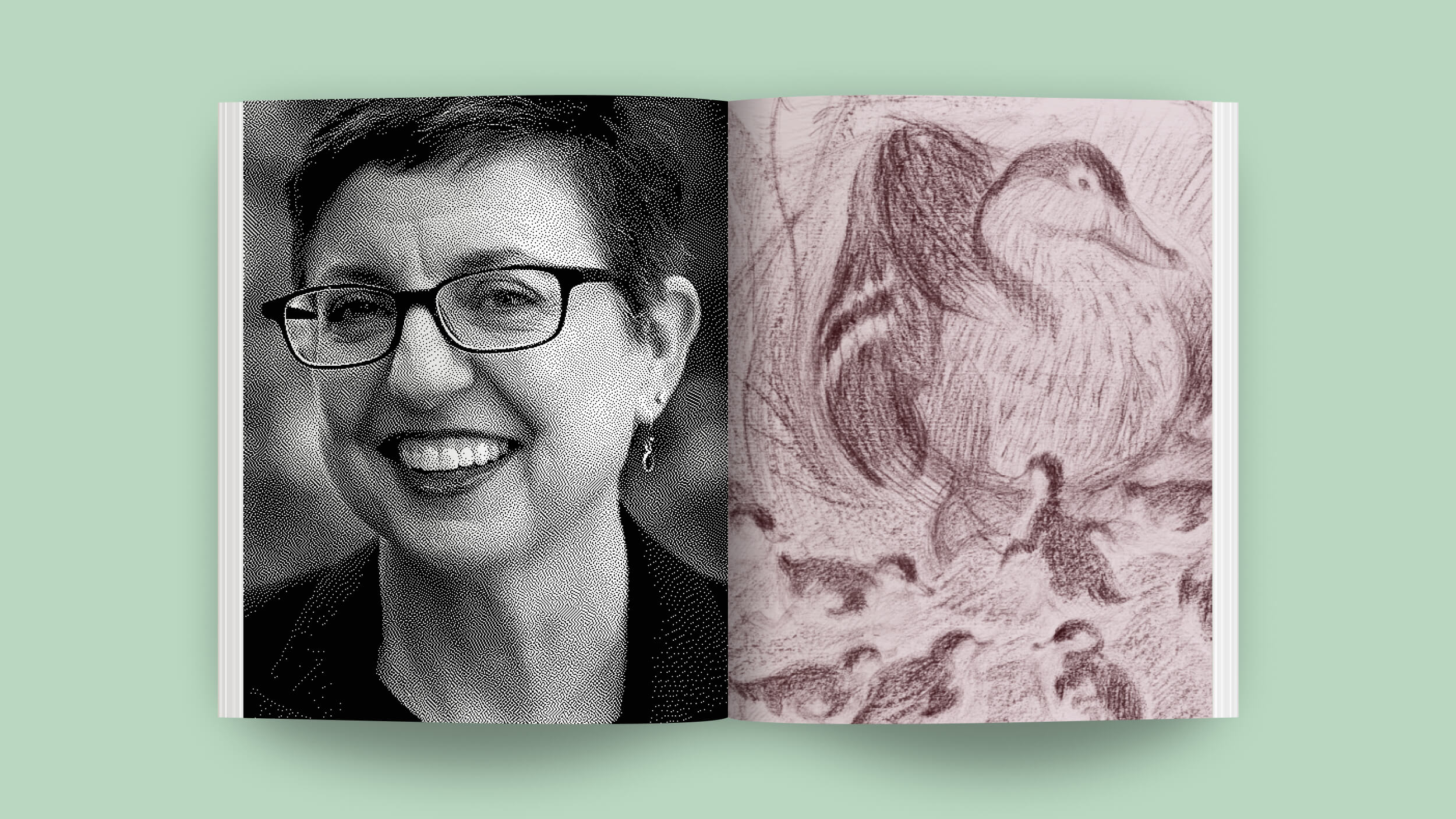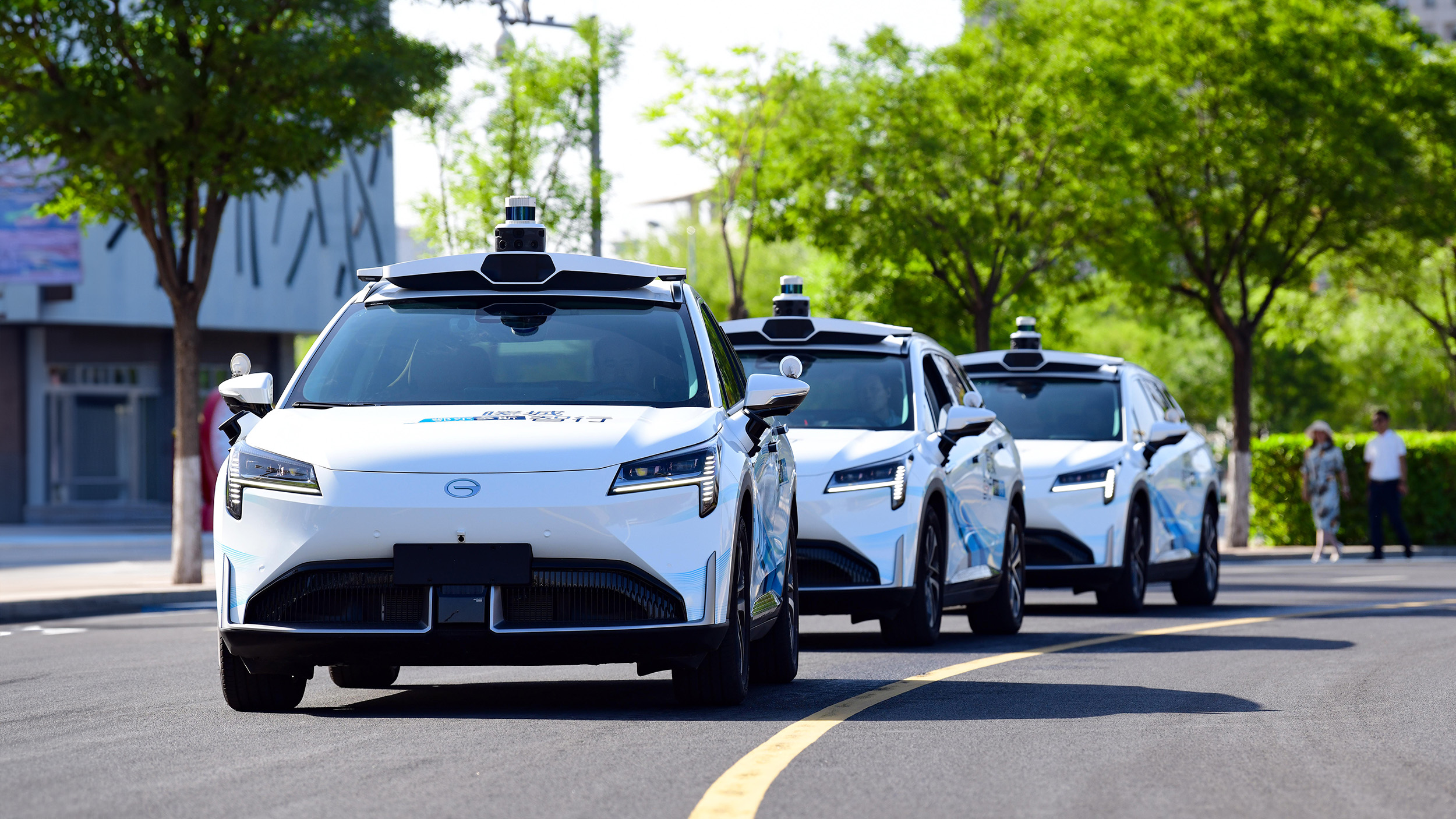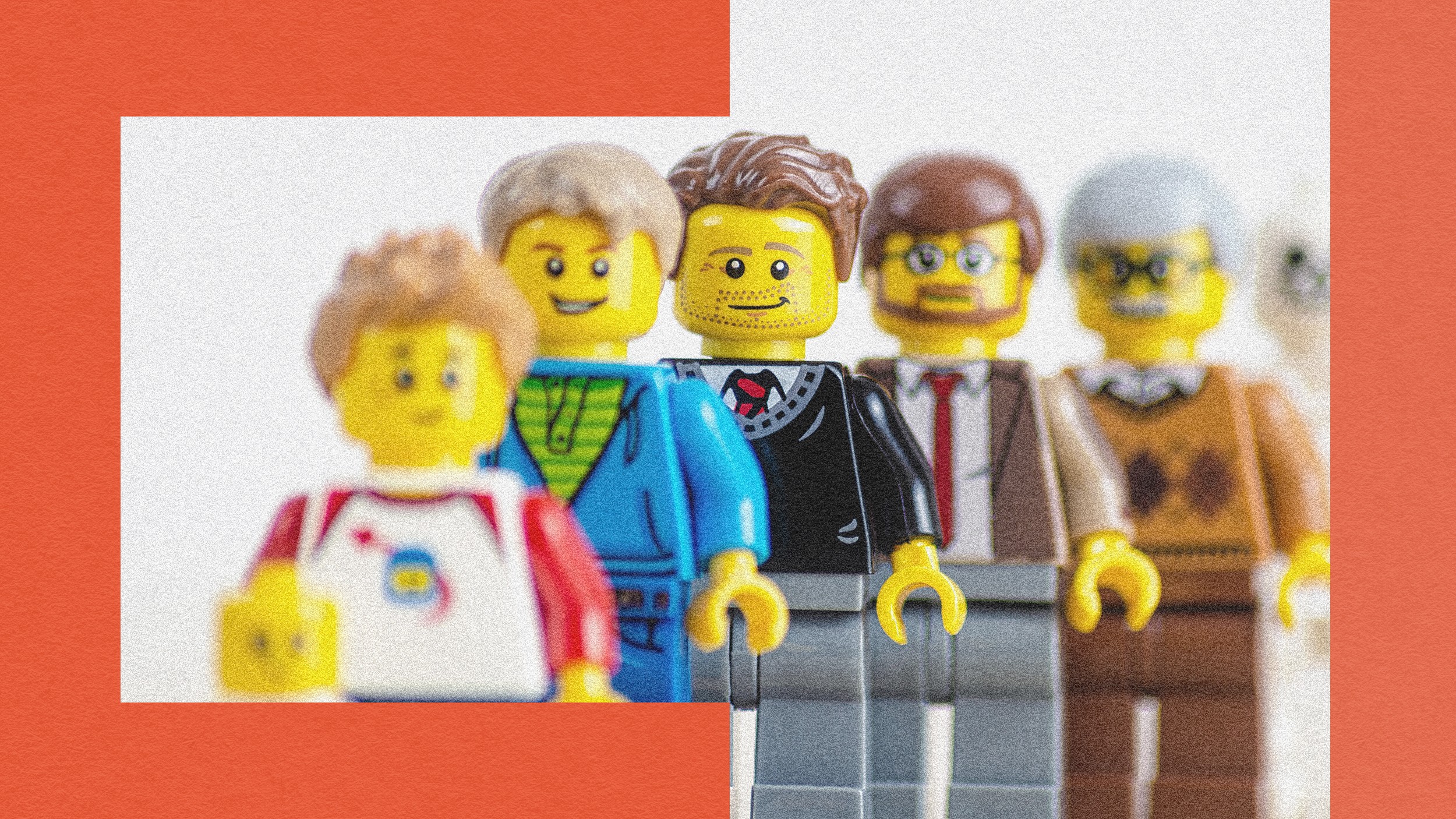Cal Newport explains how you and your teams can accomplish more while improving quality and supercharging workplace morale.
“What happens if you incorporate an AI? It’s now a legal person, and it can make decisions by itself. So you start having legal persons in the U.S., which are not human, and in many ways are more intelligent than us.”
▸
11 min
—
with
A crowdsourced “final exam” for AI promises to test LLMs like never before. Here’s how the idea, and its implementation, dooms us to fail.
Why hasn’t matter fallen apart over billions of years? The mystery might start with protons.
Philosopher Peter Singer argues it’s time to examine a morally dubious practice.
Take it from Bezos, Musk, and Einstein — rethinking lines of inquiry can transform business, investing, and innovation strategy.
“Most of us aren’t sure what to think about everything, but we don’t really see that modeled anywhere, right? You’re supposed to know for sure, and there’s very little intellectual humility on social media or on TV.”
▸
4 min
—
with
The 5th brightest star in our night sky is young, blue, and apparently devoid of massive planets. New JWST observations deepen the mystery.
Many beloved fantasy adventures take place in worlds that bear a striking resemblance to our own.
The successful tactics of big-name leaders — including Bob Iger, Mary Barra, and Satya Nadella — reveal key approaches to innovation.
Whether your hair is straight, wavy, curly, or kinky isn’t just genetic in nature. It depends on the physics of your hair’s very atoms.
Hang on to something — or ride the wave — because three big tech trends are about to converge.
Reusable rockets, moon landers, civilian astronauts, and more.
How can “you” move on when the old “you” is gone?
Do you always act professionally in the workplace? Depends what you mean by “professional.”
One of the 20th century’s most famous, influential, and successful physicists is lauded the world over. But Feynman is no hero to me.
Here’s the dark side of first contact.
Due to chaos, it was long thought that planets couldn’t stably orbit systems containing three stars. GW Orionis is the first counterexample.
Welcome to The Nightcrawler — a weekly newsletter from Eric Markowitz covering tech, innovation, and long-term thinking.
Burns’ latest documentary dives into the long-romanticized life and work of the Italian polymath.
Mars and Earth were sister planets in many ways, with early similar conditions. Why did Mars die? The leading explanation isn’t universal.
In his latest book, Malcolm Gladwell explores a strange phenomenon of group dynamics.
Rather than allowing technology to exacerbate stress and disconnection, we can use it to actively support our wellbeing.
NASA’s space telescopes and observatories bring humanity unrivaled science images and scientific discoveries. Here’s what should be next.
From Einstein to Twain, Garson O’Toole investigates the truth behind your favorite — and often misattributed — quotes.
In some organizations “founder mode” can become synonymous with over-reliance. Here’s how to avoid the pitfalls of “apparent irreplaceability.”
In the year 1181, a “guest star” was recorded in the constellation of Cassiopeia. Its modern supernova remnant is weirder than we imagined.
“The field is endless, but my life is limited, as are all of ours. But you do what you can with your time,” says CSO Mart Saarma.
The best autonomous car may be one you don’t even need to own.
Reading this article would be such a millennial thing to do.
